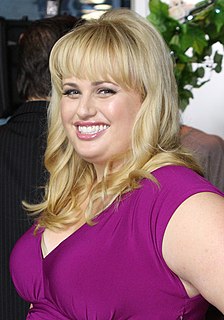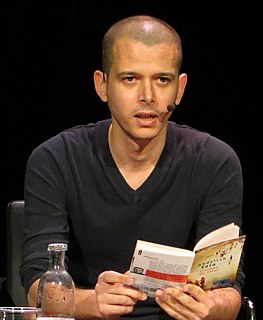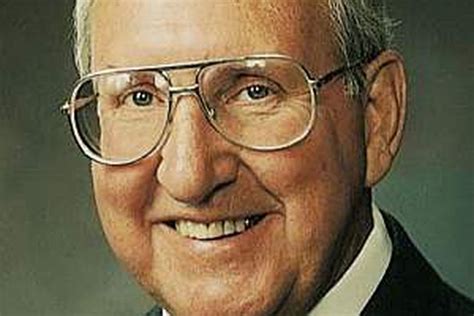A Quote by Hannah Fry
There's barely any aspect of our modern lives that hasn't had a mathematical contribution at some point and yet, if you asked the average person, they might think that maths is just difficult, irrelevant and uninteresting.
Related Quotes
Any gay person understands at some point that he or she has to disappear, to become invisible. That's very difficult. You somehow have to kill yourself. This is asked of people who haven't got the tools to understand that it's all a social construction, and that they shouldn't inferiorize themselves. This is asked of little kids. But I still live in the same outcome.
I think that, every individual you invent in narrative work, you have to have some root in who that person is. That may be an aspect of yourself; it may be an aspect of something that you like, that you don't like. It may be an aspect that you wish you had. Maybe something you admire in another person.
People, especially the liberals, just live in this world where if anything is said that offends anybody even a little bit, not only does that person have to apologize; sometimes they have to go away forever. Go away, bad person. My analysis of this is that most of us don't do anything decent in our life. I'm not saying we're evil. I'm just saying we don't make a contribution, so the way they [liberals] think they're making a contribution is to point at the bad people [which] is somehow even more pathetic.
I think I've always had an activist stance, yet at the same time, the other side of me - and this is where some people just don't get it, or they'd prefer it if the work was a lot uglier, a lot louder - I have this personality where I just want to put something out that's a fact and then let you interpret it. It's almost as if you might barely notice it, you might walk right by it, but you have to pay attention.
Love in all its forms is very difficult ... to express. It changes, obviously. If you’re young, and you’re romantically in love with somebody, and often if you’ve just met somebody, its crazy! It’s completely overwhelming. You can’t think of anything else. You just want to climb inside the other person and live under their pancreas. And then it mellows, somewhat... to the point where you can barely look at them... without feeling a mild distaste
In those days, we imagined ourselves as being kept in some kind of holding pen, waiting to be released into our lives. And when the moment came, our lives -- and time itself -- would speed up. How were we to know that our lives had in any case begun, that some advantage had already been gained, some damage already inflicted? Also, that our release would only be into a larger holding pen, whose boundaries would be at first undiscernible.
If you're in a subordinate position of some sort and pretty much all of us are at some point in our lives, your general tendency is to try and impress the people above you or person above you so well that they will like you, keep you or maybe promote you. In the process of doing that you are not aware that that person above has insecurities and if you try so hard they may see that you are after their job or that you are better than they are or they might envy the fact you are younger.
One might think this means that imaginary numbers are just a mathematical game having nothing to do with the real world. From the viewpoint of positivist philosophy, however, one cannot determine what is real. All one can do is find which mathematical models describe the universe we live in. It turns out that a mathematical model involving imaginary time predicts not only effects we have already observed but also effects we have not been able to measure yet nevertheless believe in for other reasons. So what is real and what is imaginary? Is the distinction just in our minds?








































